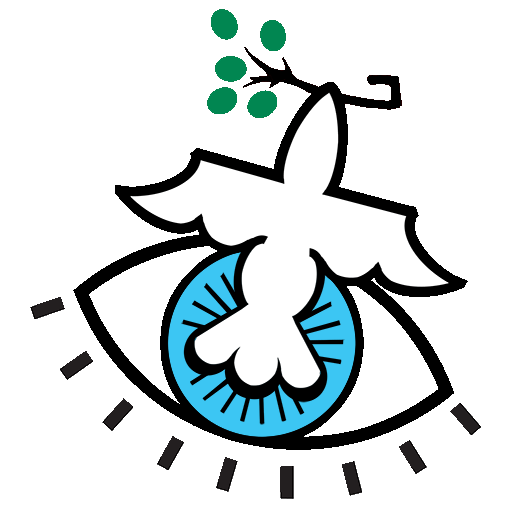On March 10, 2016, ISIS ( aka Islamic State ) murdered the 56-year-old Syrian poet Mohammed Bashir al-Aani and his son Elyas. Al Aani and his son had been kidnapped and held captive by ISIS since September 2015 when they returned to their home in eastern Deir Ezzor province to bury their wife and mother. The reason given for their execution: ‘apostasy.’
Al-Aani, a highly respected poet who wrote in the lyrical tradition of Eastern Syria, had published three volumes of poetry and was a member of the Arab Writers Union in Syria. He was an outspoken critic of the government of President Bashar al-Assad. ISIS and President Bashar are sworn enemies. Yet, ISIS murdered Al-Aani.
Sadly, this type of senseless killing is a daily fact of life for too many refugees and migrants, not just in the Middle East but throughout the world. When we contemplate the massive flow of peoples across seas and continents—people fleeing famines, wars, pogroms, genocide, disease, failed states, terrorists, and the adverse effects of climate change—we might well wonder whether it is possible to do anything to help.
All migrants and refugees need our careful attention. In this column, however, I would like to tell you about an organization that provides shelter for artists and writers at risk.
In 1989 Ayatollah Khomeini of Iran issued a fatwa calling upon Muslims to murder Salman Rushdie for the alleged blasphemies contained in his novel Satanic Verses. This fatwa caused the death of many writers throughout the Muslim world who were murdered because their writings were judged insulting to Islam. In response to these killings Salman Rushdie, Václav Havel and Wole Soyinka created an international writers organization which in turn created a cities of asylum/refuge network for writers in jeopardy.
Today this network—now known as the International City of Refuge Network ( ICORN )—comprises 50 cities and regions which give shelter to around 140 artists, sometimes with their families: icorn.org/ .
Some of the ICORN host cities have expanded their mission to include all types of artists at risk. Ithaca, New York, Las Vegas and Pittsburgh were among the very first cities to join this network of host cities.
Co-founded by Ralph Henry Reese and Diane Samuels in 2004, the Pittsburgh City of Asylum has developed as a grassroots organization enjoying strong community support, including that of Mayor Bill Peduto. In addition to protecting and promoting the writers whom it shelters, this program has contributed greatly to the rejuvenation of several neighborhoods on Pittsburgh’s North Side. The two writers currently in residence are: Yaghoub Yadali from Iran and Israel Centeno from Venezuela.
Pittsburgh City of Asylum has taken on the leadership task of recruiting more ICORN cities in the U.S. I encourage all to take a good look at the excellent work it is doing both for artists and for the people of Pittsburgh: cityofasylum.org/ .
Every year PEN International documents around 1,000 cases of writers being forced into silence, imprisoned or being placed in life-threatening jeopardy for practicing nonviolent freedom of expression. Every year hundreds of artists must flee their families, cities, countries in order to be safe and to practice their vocations.
This plague of intolerance—whether it be based in political, national, ethnic, sexual identity, gender identity, or religious ideologies—attacks the heart of what it means to be a human being: liberty and creativity. Tyranny fears imagination.
Art—all of the arts—creates bridges and channels of communication for crossing borders, for creating communities of individuals and groups who seek to understand and appreciate the manifestation of the human spirit that celebrates the miracle of life in each of us.
At a time when our city is divided by racial and economic violence, I call upon our mayor and city council, our universities, our library system, our artists, and our business community to work together to join ICORN, to make Chicago a City of Asylum for the artist at risk.
By living and working in our neighborhoods, these artists in exile would help us to come together: to remember the value of our home, to remind us to respect the creative spirit at work in all of the people of our great city.
_______________________________________________
WCTimes : 06 April 2016
Nick Patricca is professor emeritus at Loyola University Chicago, president of Chicago Network and playwright emeritus at Victory Gardens Theater.
